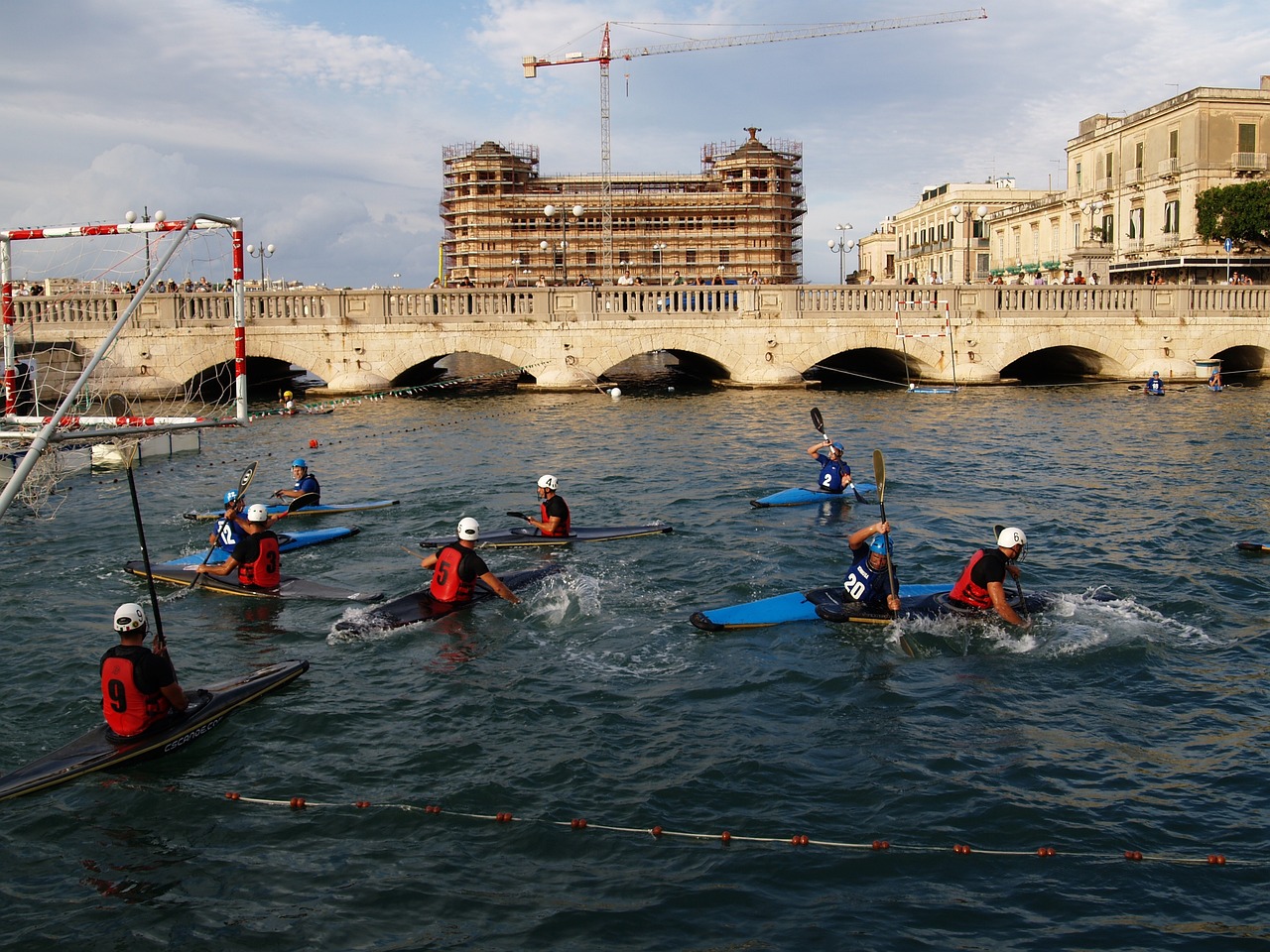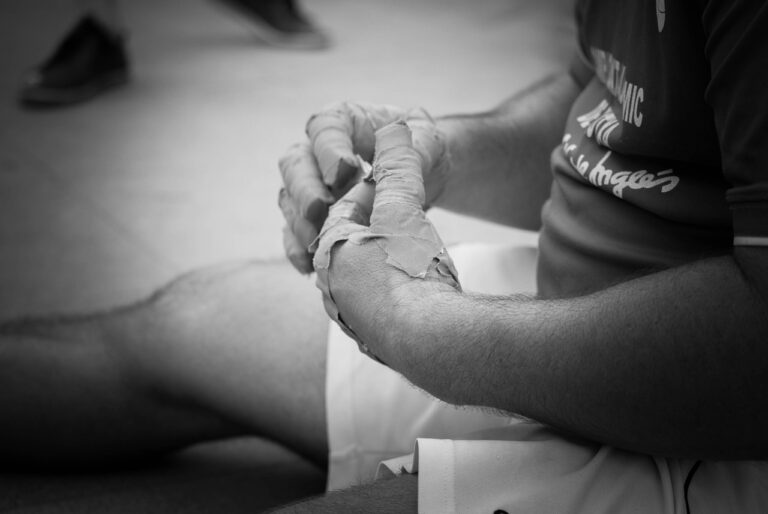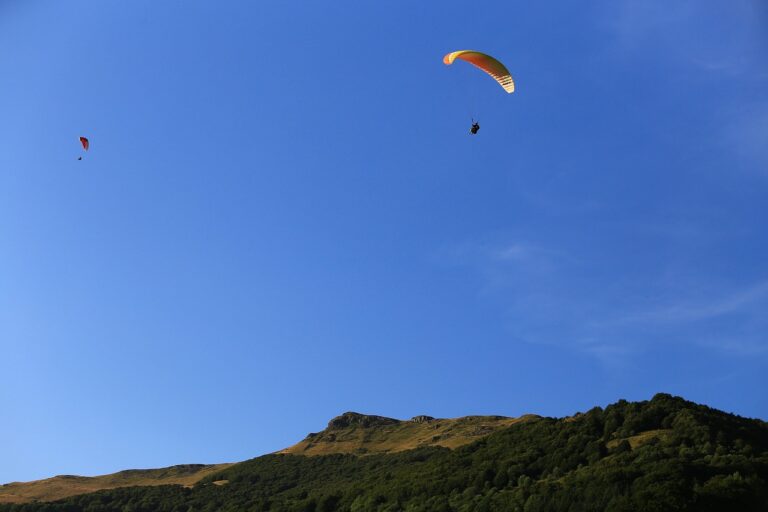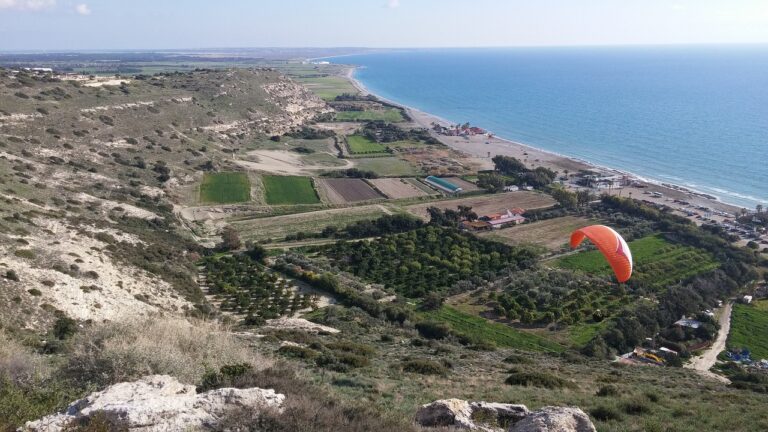Nutritional Considerations for IPL Athletes During High-Altitude Matches: 11xplay sign up login password, Laser247 com, Tiger exchange login
11xplay sign up login password, laser247 com, tiger exchange login: Nutritional Considerations for IPL Athletes During High-Altitude Matches
Playing cricket at high altitudes can pose unique challenges for athletes, especially when it comes to nutrition. With thinner air and lower oxygen levels, players may experience increased fatigue, dehydration, and reduced performance. It is crucial for IPL athletes to pay close attention to their diet and hydration strategies to optimize their performance at high altitudes.
Hydration is Key
Staying hydrated is essential for athletes playing at high altitudes. The dry air and increased exertion can lead to higher levels of dehydration. It is important for players to drink plenty of fluids before, during, and after the match to maintain optimal hydration levels. Water is the best choice for rehydration, but electrolyte-rich sports drinks can also be beneficial, especially for matches lasting longer than two hours.
Carbohydrates for Energy
Carbohydrates are the primary source of energy for athletes, and this becomes even more critical at high altitudes where oxygen levels are lower. Consuming a diet rich in carbohydrates can help athletes maintain their energy levels and performance during matches. Foods like whole grains, fruits, vegetables, and legumes are excellent sources of carbohydrates that can fuel athletes throughout the game.
Protein for Muscle Recovery
Muscle fatigue and soreness are common challenges for athletes playing at high altitudes. Including an adequate amount of protein in their diet can help athletes recover faster and reduce muscle damage. Foods like lean meats, poultry, fish, eggs, dairy products, and plant-based sources like tofu and legumes are great sources of protein that IPL athletes should incorporate into their meals.
Good Fats for Endurance
Healthy fats play a crucial role in providing sustained energy for athletes during high-altitude matches. Foods like avocados, nuts, seeds, and fatty fish are rich in omega-3 fatty acids, which can enhance endurance and reduce inflammation. Including these foods in their diet can help athletes maintain their performance levels throughout the match.
Micronutrients for Overall Health
In addition to macronutrients like carbohydrates, proteins, and fats, athletes also need an adequate intake of micronutrients like vitamins and minerals. These nutrients play essential roles in overall health, immune function, and energy metabolism. Including a variety of fruits, vegetables, whole grains, and lean proteins in their diet can ensure that IPL athletes get the necessary micronutrients to support their performance at high altitudes.
Fueling FAQs
Q: Can I rely on energy drinks and supplements to boost my performance at high altitudes?
A: While energy drinks and supplements can provide a temporary energy boost, they should not replace a well-rounded diet rich in nutrients from whole foods.
Q: Should I eat a large meal before a high-altitude match?
A: It is best to eat a balanced meal 2-3 hours before the match to ensure that you have enough energy without feeling sluggish or bloated.
Q: How can I stay hydrated during a high-altitude match?
A: Drink water regularly before, during, and after the match, and consider using electrolyte-rich sports drinks for matches lasting longer than two hours.
Q: Are there any foods I should avoid before a high-altitude match?
A: Avoid foods high in fat, sugar, or fiber, as they can cause digestive issues and discomfort during the match.
In conclusion, proper nutrition plays a critical role in optimizing the performance of IPL athletes during high-altitude matches. By focusing on hydration, carbohydrates, proteins, fats, and micronutrients, athletes can ensure that they have the energy, endurance, and recovery support they need to excel on the field. By making smart food choices and staying hydrated, IPL athletes can perform at their best even at high altitudes.







